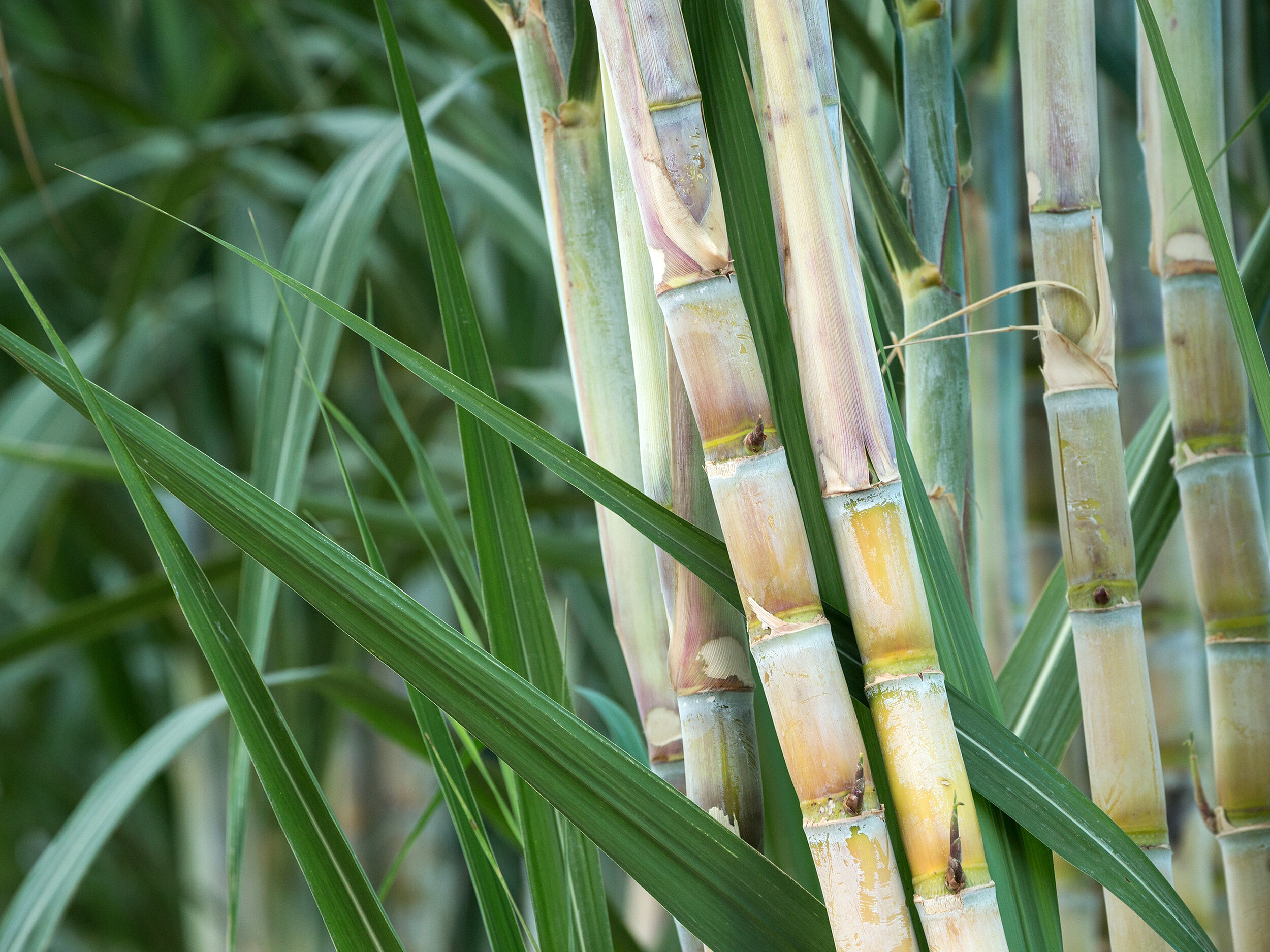How Sugarcane Product Is Changing the Global Sweetener Industry
How Sugarcane Product Is Changing the Global Sweetener Industry
Blog Article
Discovering Sugarcane Products: Versatile Uses and Profits
The exploration of sugarcane products exposes an exceptional array of applications that extend well beyond the familiar realm of sugar. As we analyze the complex contributions of sugarcane, one might question how these varied usages can improve markets and lifestyles in a quickly progressing world.
Introduction of Sugarcane
Although sugarcane is usually associated mostly with sugar production, it is a versatile plant with a rich background and various applications. Cultivated in tropical and subtropical regions, sugarcane flourishes in cozy climates and well-drained dirts, contributing dramatically to lots of economic climates worldwide. This perennial turf, coming from the genus Saccharum, can grow to elevations of up to 4 meters, showcasing its robust nature.
Beyond its key duty in sugar removal, sugarcane works as a crucial source for different spin-offs. The fibrous deposit, called bagasse, is made use of for generating bioenergy and as a resources for producing paper and biodegradable products. In addition, molasses, a by-product of sugar refining, is abundant in nutrients and frequently utilized in animal feed and fermentation procedures.
Sugarcane likewise plays a significant function in conventional medicines and social techniques in several regions, highlighting its importance beyond commercial use (sugarcane product). Moreover, with the enhancing emphasis on lasting farming techniques, sugarcane is being discovered for its possibility in biofuels and carbon capture, placing it as a principal in the change in the direction of renewable resource sources. Therefore, the versatility of sugarcane extends much beyond the boundaries of sugar production
Sugarcane in Food Products


Beyond sweeteners, sugarcane is the resource of energy-rich items such as jaggery and panela, which are traditional unrefined sugars made use of in several cultures. These products not just sweeten foods but also convey nutritional advantages and one-of-a-kind tastes.
Sugarcane juice, a revitalizing drink appreciated in several exotic regions, showcases the plant's convenience. It is usually taken in fermented or fresh right into alcoholic beverages like rum.
In addition, sugarcane fibers, called bagasse, are occasionally made use of to develop food product packaging materials, stressing the ecological advantages of sugarcane processing. In general, sugarcane's payment to foodstuff is complex, improving tastes, giving nutritional value, and playing a substantial role in culinary traditions worldwide.
Industrial Applications of Sugarcane
In numerous markets, the convenience of sugarcane expands much past its culinary applications. Sugarcane offers as an essential resources in the manufacturing of biofuels, particularly ethanol, which is progressively utilized as a renewable resource source. This biofuel is obtained via fermentation and purification processes, giving a lasting choice to fossil gas and adding to a decrease in greenhouse gas exhausts.

In addition, the sugarcane sector has found applications in drugs, where its parts are used in the formulation of various medicinal items. The natural substances extracted from sugarcane show antioxidant and antimicrobial residential or commercial properties, boosting the efficiency of certain medicines.
Last but not least, sugarcane is important to the manufacturing of a variety of chemicals, including glycerol and organic acids, which are crucial for different commercial processes. These applications highlight sugarcane's significant role in advertising commercial sustainability and advancement.
Environmental Benefits of Sugarcane
The diverse applications of sugarcane not just improve commercial procedures yet also contribute significantly to ecological sustainability. As a renewable energy, sugarcane growing plays an important function in carbon sequestration, taking in significant quantities of carbon dioxide from the environment. This procedure assists minimize environment change by reducing greenhouse gas concentrations.
Furthermore, sugarcane by-products, such as bagasse and molasses, supply green choices to standard materials. Bagasse, the fibrous deposit after juice removal, can be used as a biomass gas, reducing reliance on nonrenewable fuel sources and advertising cleaner energy sources. Furthermore, molasses can be transformed into bioethanol, further sustaining lasting energy initiatives.
Sugarcane farming also promotes biodiversity and dirt wellness. Sustainable agricultural methods, such as intercropping and plant turning, improve dirt fertility and minimize disintegration. The plant's deep origin system help in water retention, consequently supporting neighborhood ecological pop over to these guys communities and enhancing durability versus dry spell.
Wellness Advantages of Sugarcane
Rich in important nutrients and all-natural sugars, sugarcane offers many wellness benefits that make it an important addition to a balanced diet regimen. Its high fiber material help in digestion, promoting intestine wellness and preventing bowel irregularity. Furthermore, sugarcane provides anti-oxidants, which fight oxidative stress and anxiety and may decrease the risk of chronic conditions.
Furthermore, sugarcane juice is understood for its hydrating properties, making it a superb beverage selection, especially in warm environments. The natural sugars existing in sugarcane give a quick power boost, valuable for professional athletes and those taken part in exercises. It also consists of vital vitamins and minerals, such as vitamin C, magnesium, potassium, and calcium, which contribute to overall wellness.
Researches suggest that sugarcane might help regulate blood sugar levels, making it a preferable sugar for people with diabetic issues when consumed in small amounts. Its anti-inflammatory residential or commercial properties can support liver wellness and aid in cleansing.
Final Thought
In final thought, sugarcane emerges as a highly functional plant with considerable contributions to different fields. The byproducts of sugarcane, such as bagasse and molasses, assist in eco-friendly methods, while its health benefits improve overall wellness.
Although sugarcane is usually connected mostly with sugar manufacturing, it is a flexible crop with a rich history and many applications.Beyond its key role in sugar extraction, sugarcane offers as an essential source for different by-products. Mainly recognized for generating sugar, sugarcane is changed into granulated sugar, brownish sugar, and molasses, each serving unique cooking objectives.Rich in natural sugars and crucial nutrients, sugarcane supplies numerous health benefits that make it a beneficial More Info enhancement to a balanced diet. The all-natural sugars existing in sugarcane give a quick power increase, helpful for professional athletes and those engaged in physical tasks.
Report this page